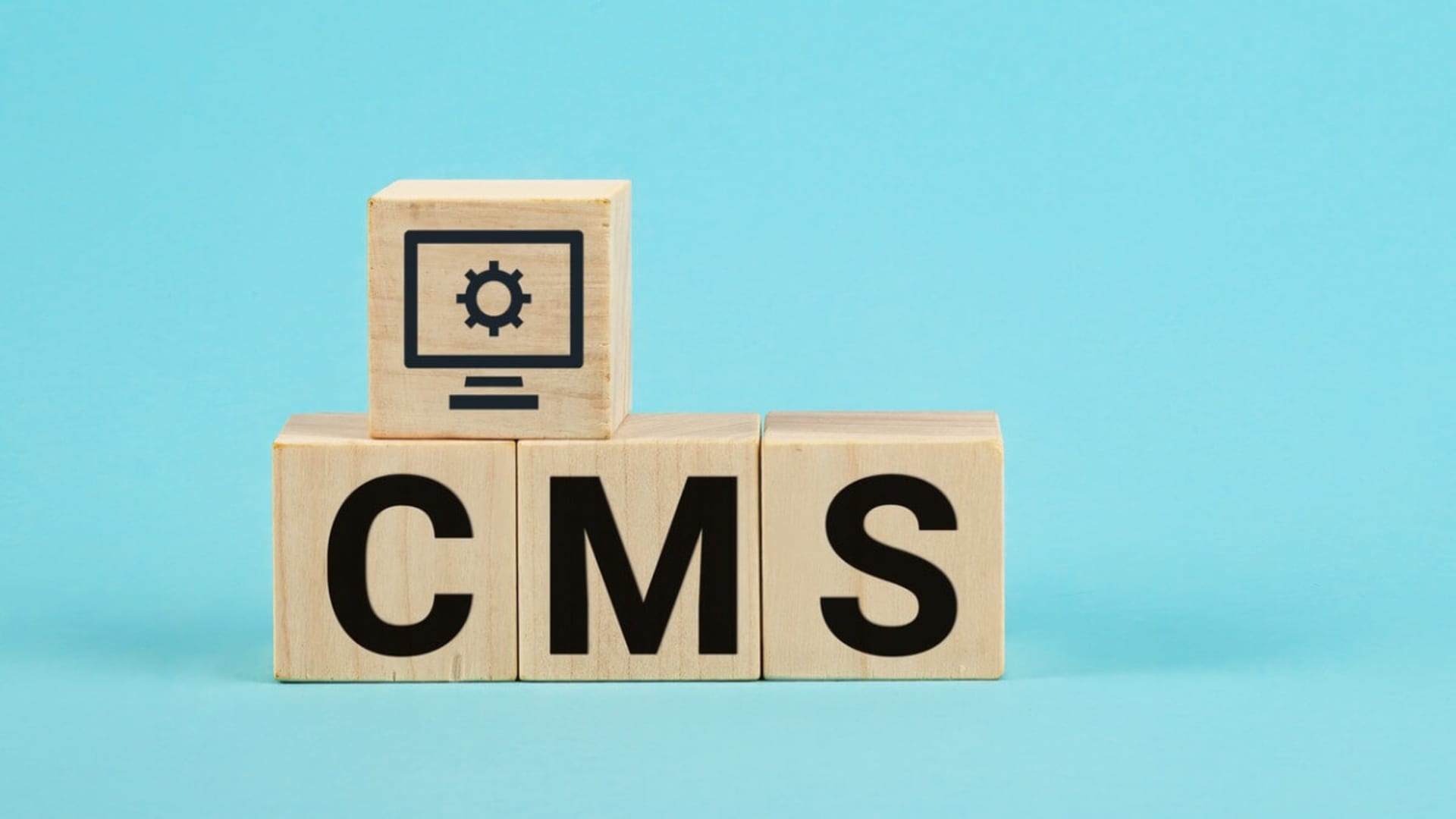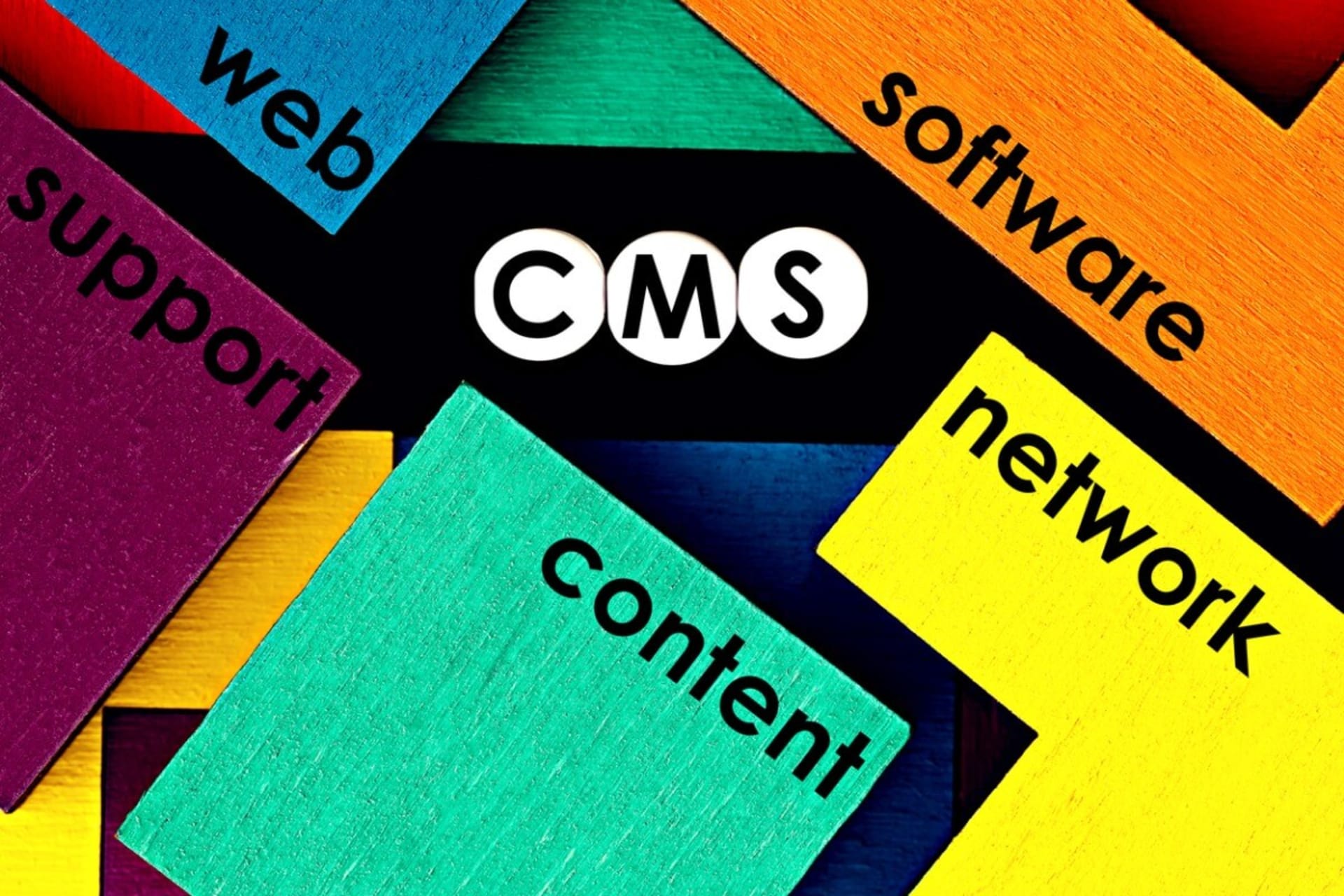Hire CMS Developers
Our top 1% of tech talent has already been vetted. Get bilingual, nearshore CMS developers on your team in 2 weeks.
500+ companies rely on our top 1% tech talent.
No time to find the talent yourself? Skip the hassle.




The CMS Hiring Guide
Finding experienced Content Management Systems (CMS) developers is key to any project’s success. Whether you’re building a custom platform or upgrading your current system, skilled CMS developers will get the job done.
Delays in hiring can mean missed deadlines, increased costs and failed systems. That’s where we come in. We’ve helped over 500 companies across 100+ industries complete over 1,200 CMS development projects. We know what it takes to find the right CMS developers for the job. In this guide, we’ve outlined the essential technical skills to look for when hiring a CMS developer.
Before You Begin
Project or Team Requirements
Define what your project needs and what a CMS developer will do. Are you building a CMS from scratch, optimizing an existing system, or customizing a platform like WordPress or Drupal? Do you know how to choose the right CMS? Outlining your goals will help you determine if you need generalist or specialist CMS developers with API integration or plugin development skills.
Timeline and Budget
Set your expectations for how long your project will take and what resources you have. Are you looking for CMS developers for a short-term project or ongoing support? Defining your timeline and budget early will help you narrow down the candidates and meet your objectives without delays.
Portfolio and References/Testimonials
A CMS developer’s portfolio will give you an idea of their skills and reliability. Hire CMS developers with a portfolio that matches your project goals—whether it’s an e-commerce website, enterprise platform or an interactive blog. References or client testimonials will also highlight their strengths and ability to deliver.
Niche Experience in CMS
If your project requires expertise in specific platforms like WordPress, Joomla or Drupal, prioritize CMS developers with hands-on experience in those systems. Their knowledge of platform-specific tools and frameworks will help speed up development and avoid mistakes.
Communication
Clear communication is key, especially for remote or distributed teams. Hire CMS developers who can explain their ideas clearly, collaborate and keep detailed documentation. This way, your team will be aligned throughout the project, and any transitions or updates will be smooth.
20 Skills Every CMS Developer Should Have
Content Management Systems (CMS) are the backbone of dynamic and user-friendly websites. Knowing the different types of CMS will help you understand what skills to look for in a developer.
A CMS developer knows how to work with platforms like WordPress, Drupal or Joomla to build websites that are secure, scalable and customized to your needs. They can also bring skills in coding languages like PHP, JavaScript and SQL. Skilled CMs developers should also be familiar with custom integrations and responsive design so your site looks and works perfectly on all devices.
Hiring a skilled CMS developer will support your brand’s success. They will save you time, tackle complex problems and build a site that grows with your business. From performance to security, they should make your website functional and ready for the long term. Below, we’ll go into the key skills every CMS developer should have to help your project succeed.
Technical Skills to Look for in Your CMS Developer
1. CMS Platforms
A good CMS developer should have in-depth knowledge of popular platforms like WordPress, Drupal, Joomla or Magento. They should be able to use these systems to build custom solutions, manage plugins and optimize performance.
2. PHP Coding Skills
Most CMS platforms use PHP as a backend language. Developers with PHP skills can build custom themes, develop plugins and manage integrations efficiently. This will allow your CMS to handle complex functionality while being stable and secure.
3. HTML, CSS and JavaScript skills
Front-end technologies like HTML, CSS and JavaScript are needed to build visually appealing and interactive CMS solutions. Developers with these skills can design user-friendly interfaces that improve user experience and responsive design across devices.
4. Experience with APIs and Third Party Integrations
Modern CMS solutions often require integration with third-party tools like CRMs, payment gateways or marketing platforms. A CMS developer with API skills can ensure smooth communication between systems and improve functionality and workflows.
5. Database Management
A good CMS developer should know how to design and manage databases, usually MySQL or PostgreSQL. They should be comfortable with optimizing queries, maintaining data integrity and fast load times, which is critical for high-traffic websites.
6. Version Control (Git)
Using version control systems like Git is essential for collaborative CMS development. Developers with Git skills can track changes, manage branches and streamline teamwork. This will ensure project management is efficient and error-free.
7. CMS Security Knowledge
Security is key in CMS development services to prevent vulnerabilities like SQL injection, XSS attacks or unauthorized access. Developers with security knowledge (user authentication, encryption and regular updates) can protect your CMS website from threats.
8. Theme and Template Development
A good CMS developer should be able to build custom themes and templates. This will ensure your website looks like your brand and meets functional requirements and is cohesive and unique for your users.
9. Responsive and Mobile First Design
CMS developers must be able to build mobile-friendly designs that adapt across devices. Dedicated CMS developers can ensure your site works well on smartphones, tablets and desktops. This will improve user engagement and customer satisfaction.
10. SEO Knowledge
SEO is important to drive traffic to your site. Developers with SEO skills can structure your CMS website to improve page load times, meta tags and mobile performance. This will get your website higher in search engine results.
11. JavaScript Frameworks
Experience with JavaScript frameworks like React or Angular will add interactivity and performance to your CMS. This is important for projects that require dynamic features or progressive web apps (PWAs).
12. CMS Migration Skills
Moving to a new platform or upgrading an existing one? Developers with CMS website migration skills can ensure data integrity and minimal downtime. Their skills will prevent disruptions during migration and keep your website functional during transitions.
13. Performance Optimization
A good CMS developer should also be able to optimize your site’s performance using techniques like caching, image compression and minimising HTTP requests. This will result in faster load times and better user experience.
14. Testing and Debugging Tools
Quality assurance is crucial for a successful CMS project. Developers with testing tools and debugging skills can find and fix issues early and ensure a smooth and stable final product.
15. Accessibility Knowledge
An inclusive CMS means all users including those with disabilities can access your website. Developers who follow accessibility standards like WCAG can build websites that are usable by everyone. This will help your brand improve usability and reach or impact.
16. Documentation and Code Clarity
Hire CMS developers who can write clean code and document their work thoroughly. This will help teams work together and make it easier to scale or update the CMS in the future.
Soft Skills to look for in your ideal CMS Developer
17. Communication Skills
Communication is key for CMS developers as they work closely with designers, marketers and stakeholders who may not be tech savvy. Experienced developers should be able to explain technical concepts clearly and collaborate well. They should also document their work in a way that makes future updates or troubleshooting easier.
18. Troubleshooting
CMS development projects can throw everything at developers from plugin conflicts to performance issues. A good CMS developer knows how to get to the bottom of problems, find the cause and come up with practical solutions.
19. Flexibility
No two CMS projects are the same and requirements change mid project. Flexible developers respond quickly to client feedback, implement platform updates and find workarounds for unexpected issues to keep projects on track and moving.
20. Meticulous
Small mistakes in a CMS development project can cause big problems. Attention to detail reduces the risk of broken features, slow load times or even security vulnerabilities. A professional who is focused and precise can catch and fix issues early.
11 Questions to ask your CMS Developer
When interviewing CMS developers, you should ask questions that first test their technical skills and knowledge. Employers will also do a coding test to test on-the-job knowledge further.
These questions are designed to test not only the developer’s technical knowledge but also their problem-solving, teamwork, communication skills and adaptability—all important in a collaborative environment.
Here are a few examples of technical questions:
1. What experience do you have with different CMS platforms such as WordPress, Drupal or Joomla?
I’ve worked on WordPress for custom theme and plugin development, Drupal for enterprise solutions and Joomla for extensions and template development. I’ve integrated APIs, ensured responsive design and performance across platforms.
2. How do you secure a CMS during development?
As a CMS developer, I follow best practices such as strong user authentication, regular updates to core files and plugins and use of security plugins where applicable. I also sanitize input data to prevent SQL injection and XSS attacks and ensure HTTPS is configured correctly.
3. How do you optimize a CMS for performance?
I optimize performance by enabling caching, compressing images, minimizing HTTP requests and using CDNs for faster content delivery. I also ensure clean and efficient code, avoid unnecessary plugins and optimize database queries for faster load times.
4. Can you describe a time when you moved a CMS to a new platform?
I migrated a WordPress site to Drupal for scalability. I transferred all content, metadata and user roles and the site was fully functional. Post migration, I optimized the new platform for performance and trained the client on the new system.
5. How do you troubleshoot plugin or module conflicts in a CMS?
I start by identifying the conflicting plugin(s) or module(s) by deactivating them one by one and checking error logs. Once identified, I investigate the cause of the conflict, often checking for compatibility issues or coding errors. If necessary, I update or rewrite part of the plugin to fix the issue
6. How do you approach API integration in a CMS project?
I review the API documentation first to understand what it can do. Then, I use the CMS’s native tools or custom code to integrate the API. For example, I’ve integrated payment gateways like Stripe and third-party CRM tools using API endpoints to ensure data exchange and functionality.
7. What tools or practices do you use to keep code clean and maintainable in a CMS project?
I follow coding standards like PSR-12 for PHP and comment and document properly. I also use version control systems like Git to track changes and code review process to ensure high quality and maintainable code.
8. What was the most difficult CMS project you’ve worked on and how did you solve it?
This question tests the candidate’s problem-solving skills and how they approach complex issues like scaling a CMS for high traffic or complex integrations. It also shows how they handle stress and deliver under pressure.
9. How do you make your websites user-friendly for clients and end users?
This question shows the candidate’s understanding of user experience (UX) and how they balance technical requirements with usability. It also shows how they simplify CMS backends for non-technical clients.
10. Can you tell me about a time you worked with a team to complete a CMS development project?
This tests the candidate’s collaboration and communication skills in a team environment. It shows their role in the team, how they handle feedback and how they coordinate with cross functional stakeholders.
11. How do you keep your skills and knowledge up to date in CMS development?
This shows the candidate is committed to learning about CMS developments. It also shows they are current with the latest tools, best practices and are adaptable to change.
Frequently Asked Questions
What should I look for when hiring for OpenCart development services?
When hiring CMS developers for OpenCart development services look for candidates with hands-on experience in this CMS platform. Look for expertise in:
- Customizing themes
- Developing plugins
- Integrating APIs
These will help to create a smooth e-commerce experience. Knowledge of responsive design, SEO and performance optimization is also important for a good CMS solution.
Why hire dedicated CMS developers instead of freelance CMS developers?
Hiring dedicated CMS developers means continuity, reliability and a deeper commitment to your project. This is good for long-term projects. Freelance CMS developers are better suited for smaller or short-term projects. Dedicated developers are part of your team, and the process and collaboration is smoother.
Do I build a custom CMS or use an existing one?
The decision depends on your project's complexity and requirements. Existing content management systems like WordPress or Drupal are cost-effective and quicker to implement for standard needs. But if your project requires unique features or high scalability, a custom CMS built by skilled developers can provide a tailored solution that matches your business goals. See our WordPress development and Drupal development services to learn more.

- Hire CMS Developers
How Businesses Can Overcome the Software Development Shortage
BairesDev Ranked as one of the Fastest-Growing Companies in the US by Inc. 5000









